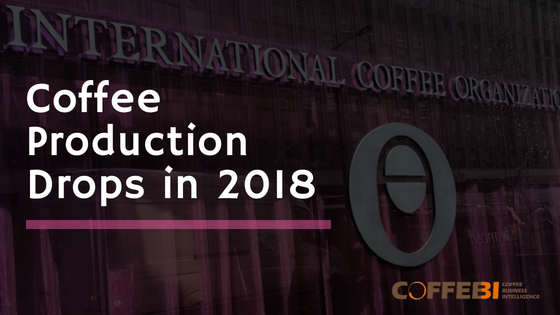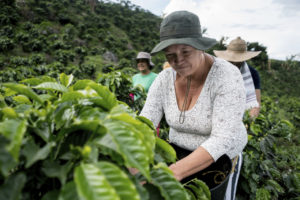Which Trends Offer Opportunities in the European Coffee Market? (Part 2)
 Demand for ethical coffee
Demand for ethical coffee
The concern for sustainability is having a strong impact on the coffee market. The production of the sustainable coffee is in constant rise, as well as the sales in Europe. Besides niche labels (e.g. organic), various schemes focus on mainstream labels like 4C, UTZ Certified as the fastest-growing label on the Dutch market, and Rainforest Alliance as the leading one in the UK, while organic certification is interesting in Germany. Standard-compliant coffee production represented 40% of global production in 2012 and Brazil and Vietnam were the largest producers. Now, due to all these demands, certified farmers and exporters are able to negotiate better incomes and improve their position within the supply chain. So, there is need to develop long-term relationships due to the fact that it is necessary to ensure compliance with any specific sustainability demands they may have.
Transparency is easily achieved in direct trade relationships, which are growing especially in Northern Europe and which can reduce costs for large retail chains.
Better farm management and the innovations in agronomy have increased the importance of techniques for cultivation, harvest, sorting, processing and blending of the coffee on the European market. The resistant and more productive coffee trees and seeds through genome innovation is an important tool. However, droughts, temperature changes and heavy rains can affect the harvest thus decreasing substantially by 2020. The extreme drought in Brazil in 2014 and the coffee rust in Colombia in 2011/12 are some of the examples how climate change can affect coffee production, which forces all coffee farmers to respond effectively to climate change by using good agricultural practices (GAPs) to increase productivity.
All in all: nevertheless, there is no need to worry at the moment, since the current supply of coffee is sufficient to meet demands, as reported by cbi.eu


